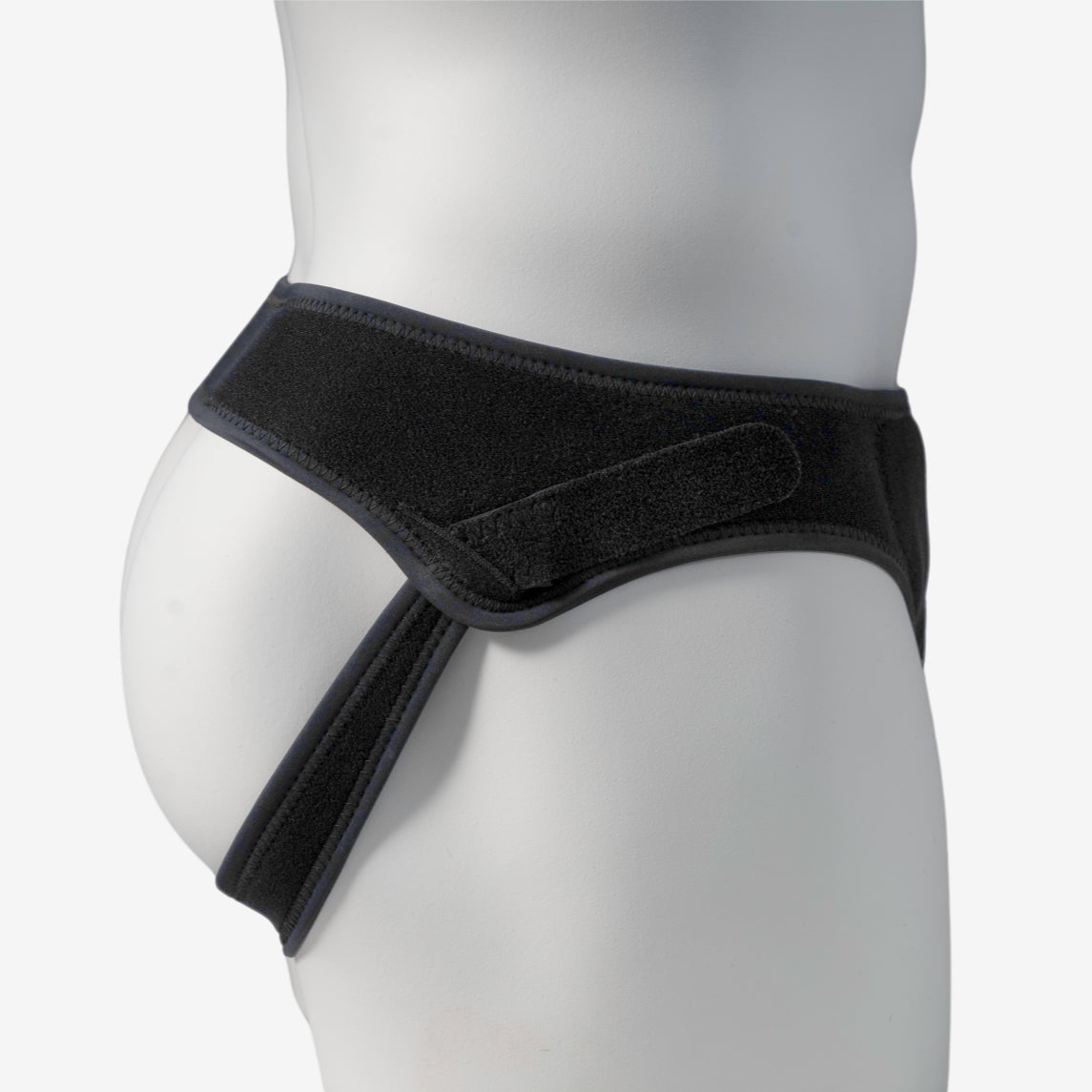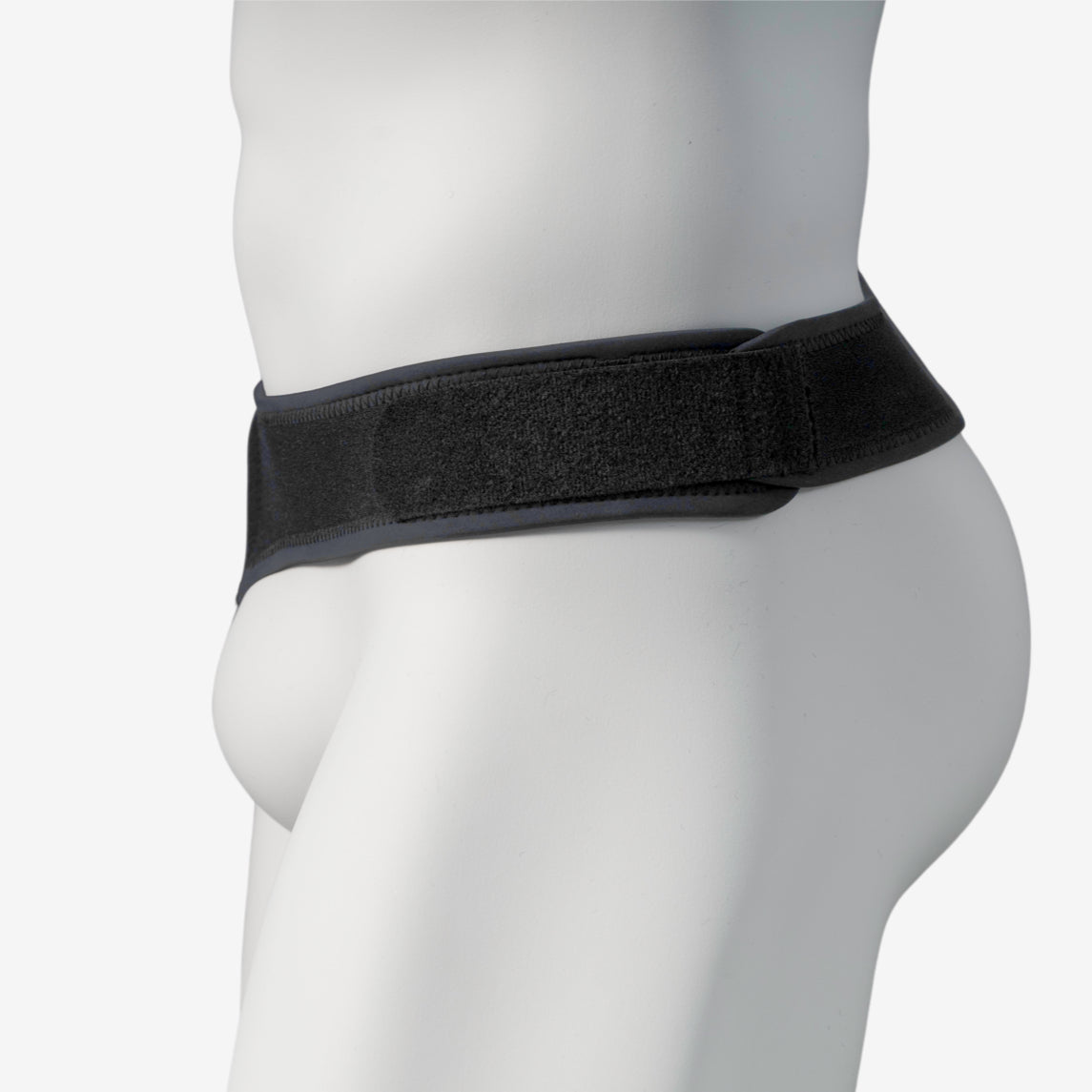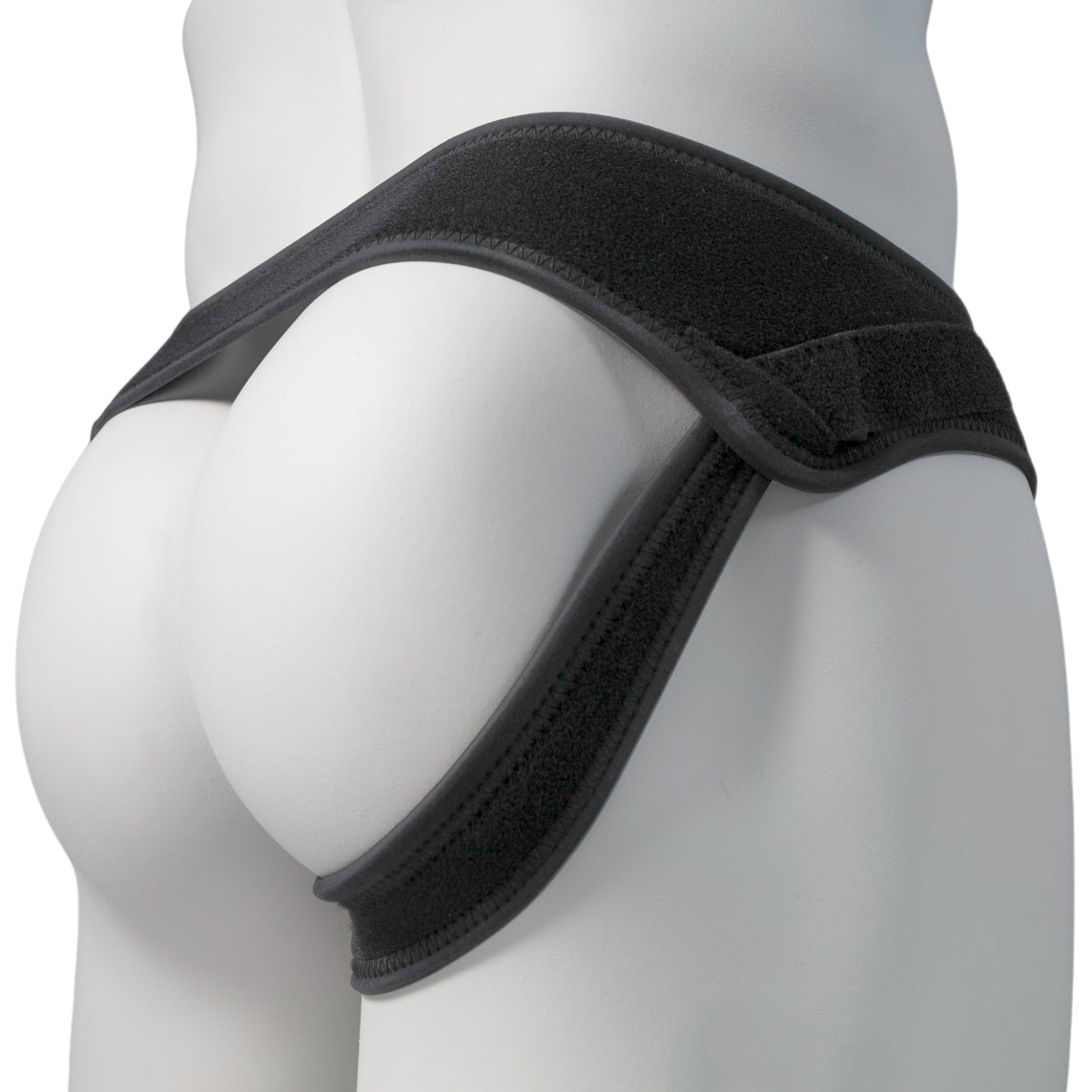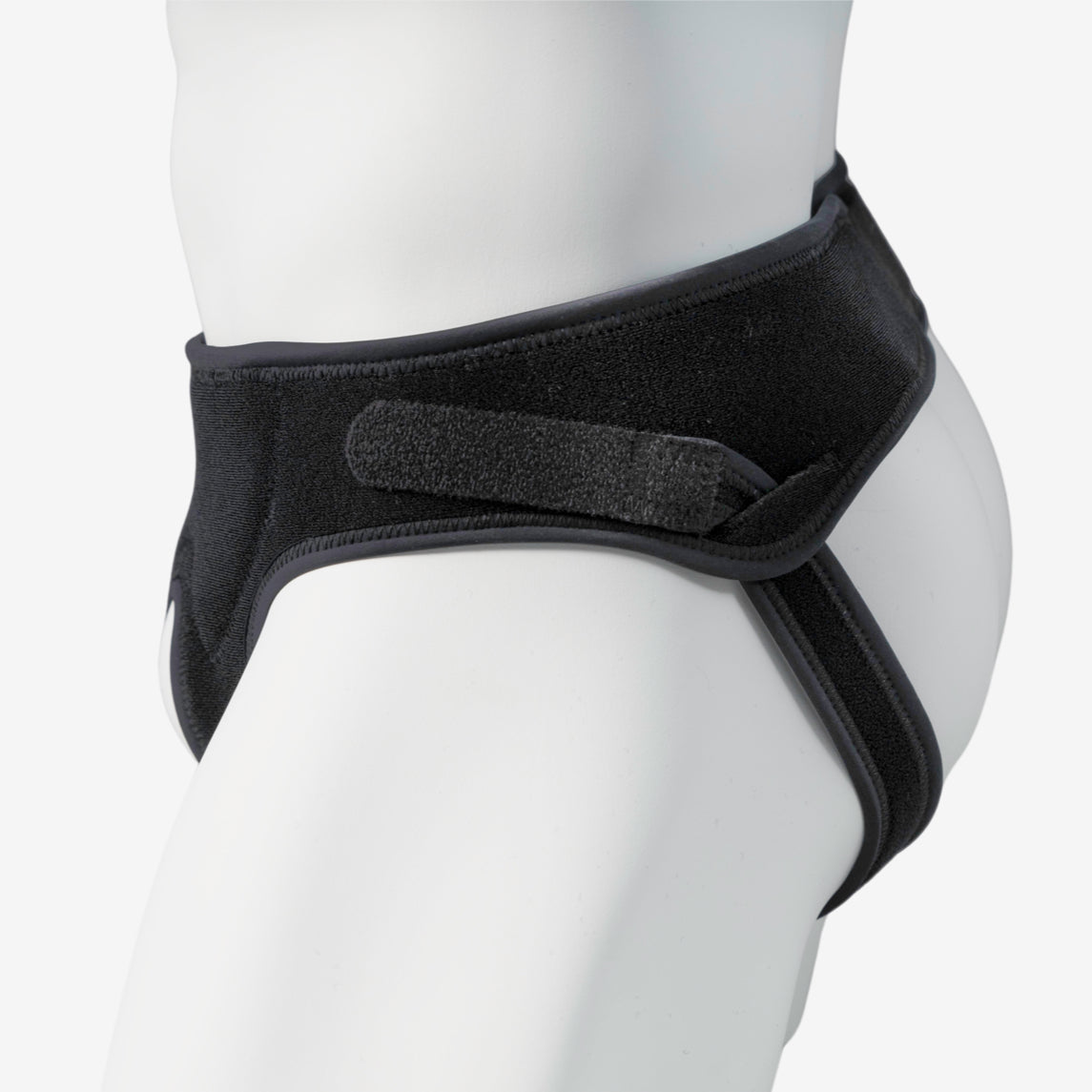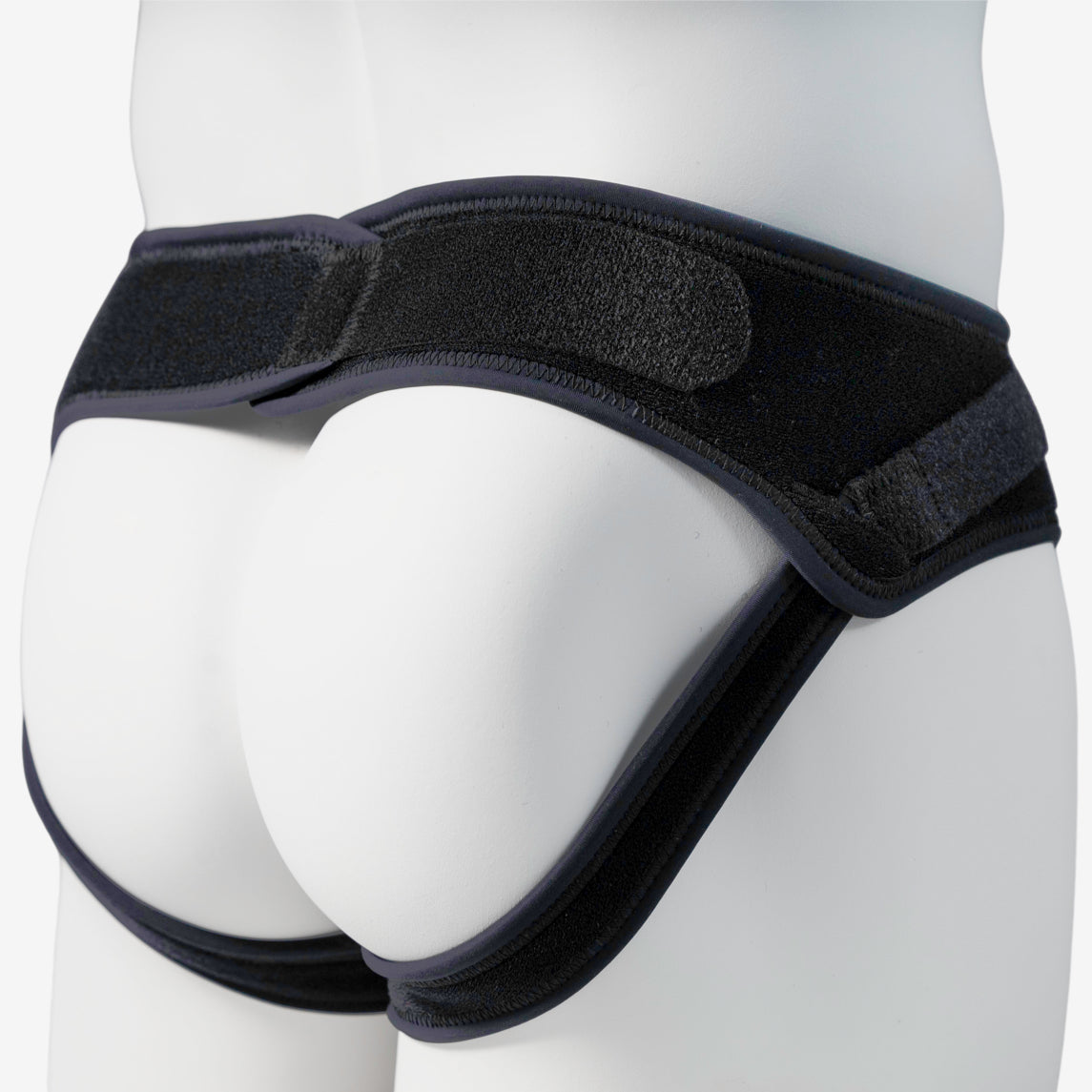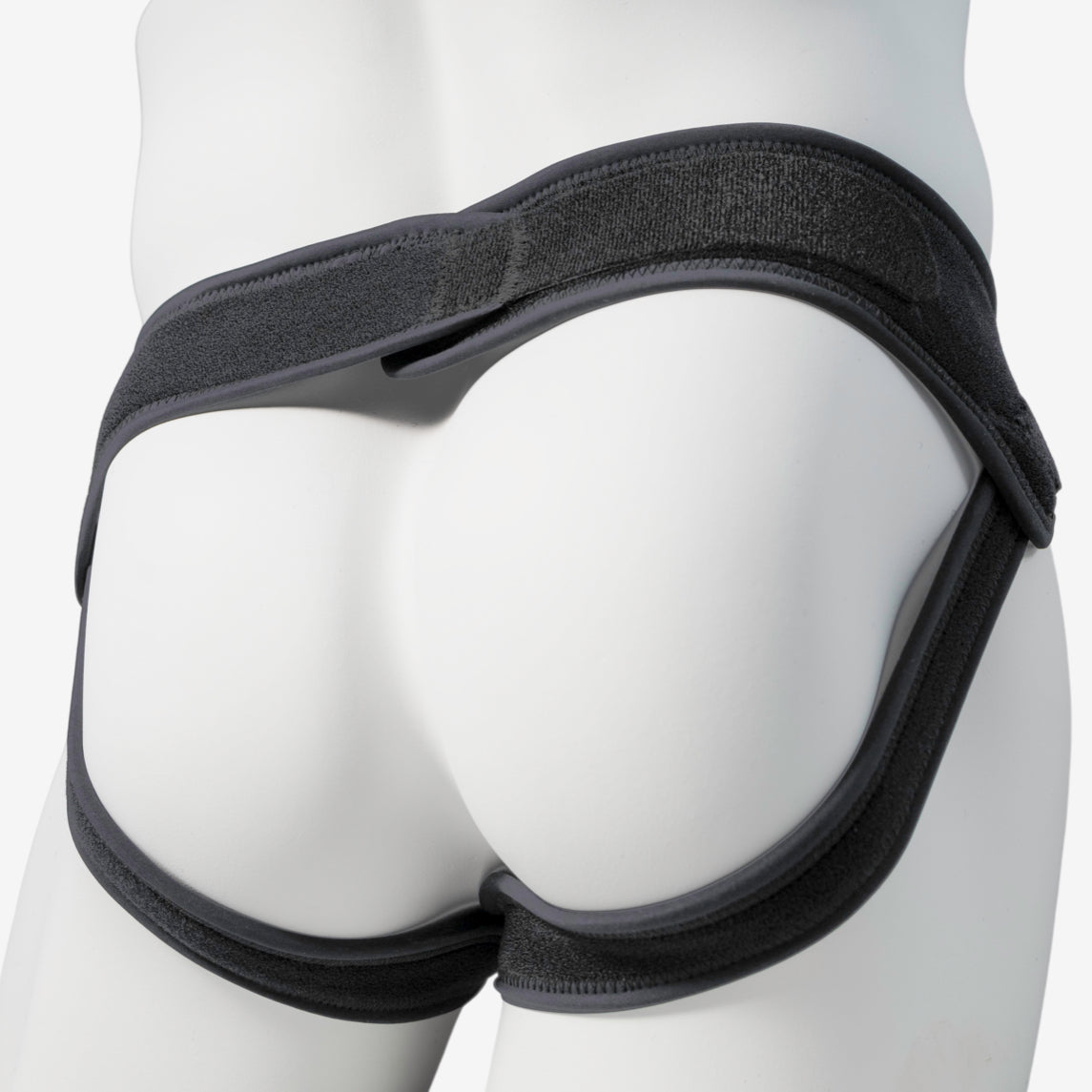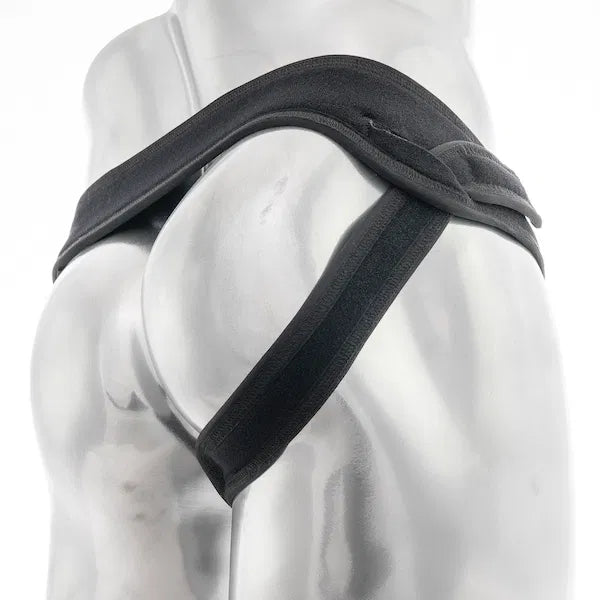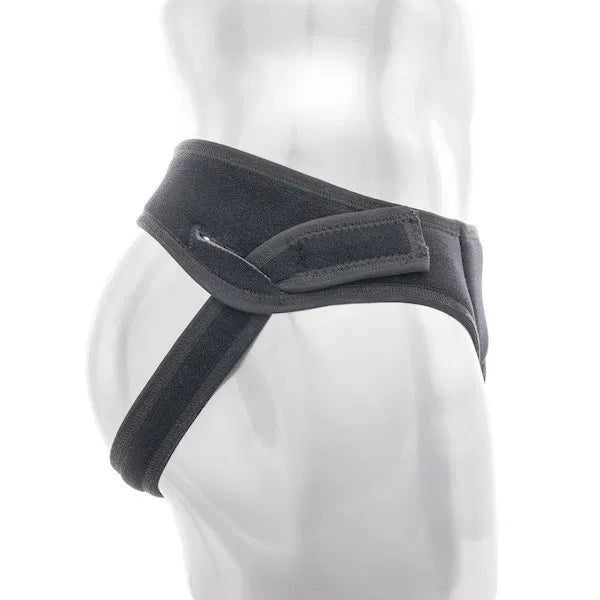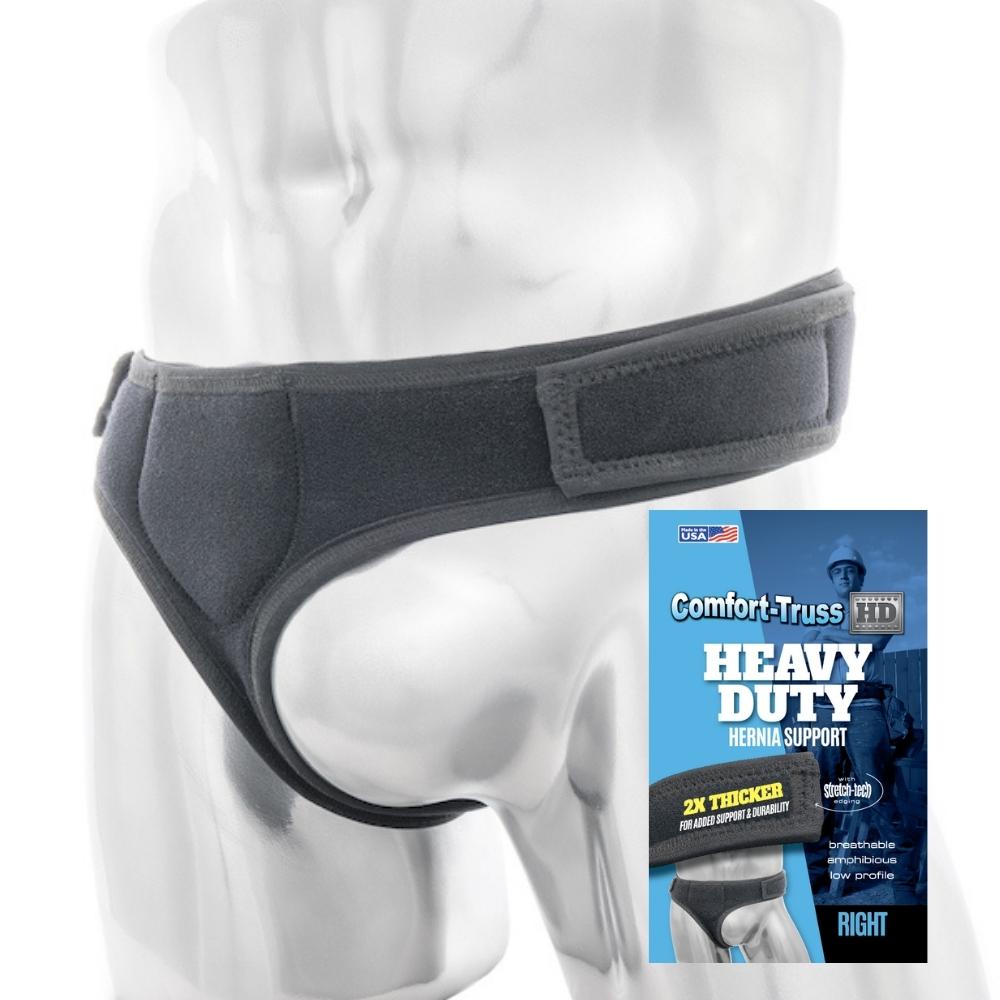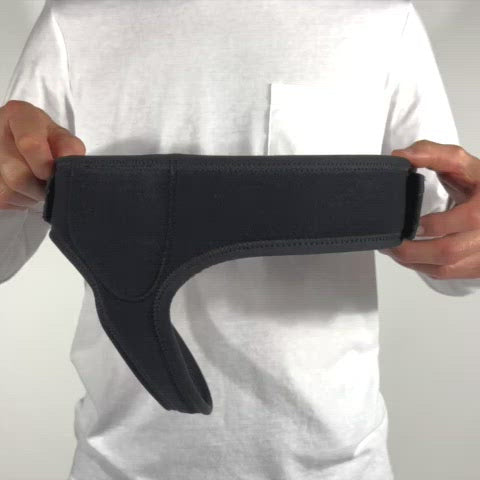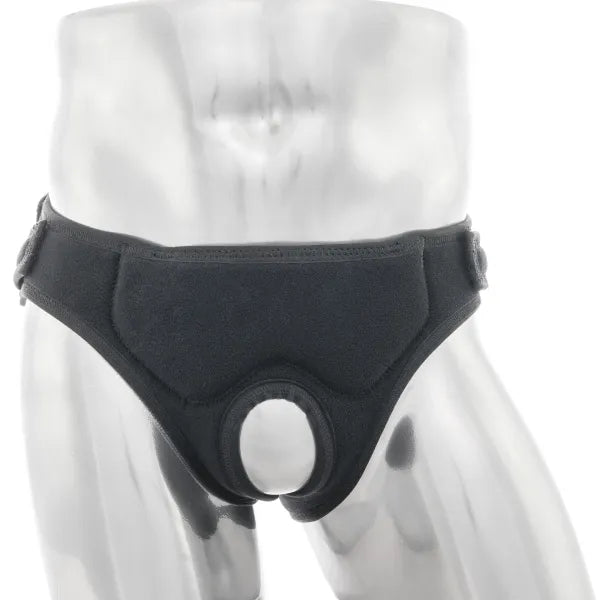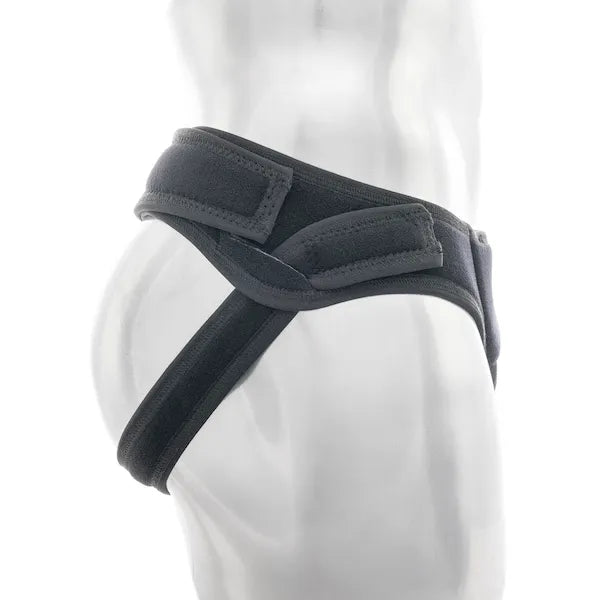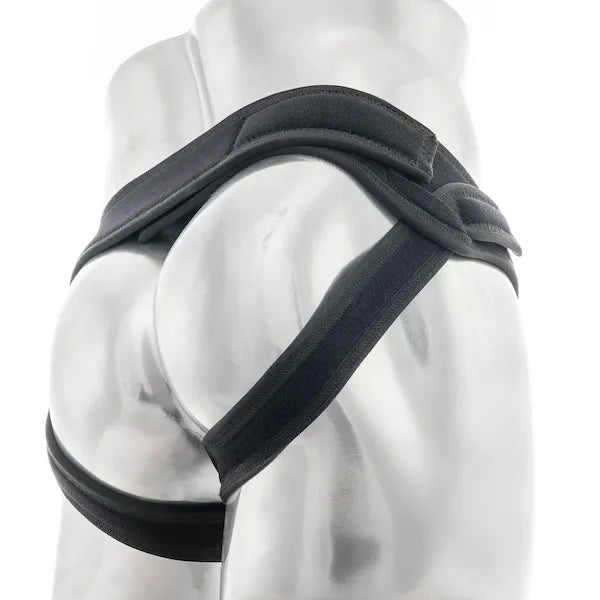10 Hernia Risk Factors

Hundreds of thousands of Americans develop hernias every year. Did you know there are many conditions and lifestyle factors that are known to be risk factors for hernia development?
In this article, we will take a look at 10 of the biggest hernia risk factors, including:
- Genetics
- Weight
- Gender
- Diabetes
- Constipation
- Heavy Lifting
- Chronic Coughing
- Pregnancy
- Sleep Apnea
- Previous Hernias
We'll also show you how Comfort-Truss hernia belts can help provide relief if you do develop a hernia.
What Is a Hernia?
A hernia develops when an organ or intestine pushes through a hole or weak spot in muscle or connective tissue, most often in the abdominal wall. A hernia can be visible as an external bulge.
There are several different types of hernias. The most common are:
- Inguinal (inner groin)
- Incisional (resulting from an incision)
- Femoral (outer groin)
- Umbilical (belly button)
- Hiatal (upper stomach)

Top 10 Risk Factors for Hernia Development
People can develop hernias for many different reasons, many of which are out of their control. Below, we will take a look at the 10 top risk factors for hernias to help you better understand what your chances are of developing one.
1. Genetics
Are hernias hereditary? Genetics does seem to be one of the major risk factors for hernias. If you have a family history of hernias, your odds increase for developing one yourself. Studies have found genetic abnormalities of collagen fibers in your muscles which could increase the risk of hernia formation. There also are inherited connective tissue disorders, like Ehlers-Danlos and Marfan's Syndrome, which may increase the odds of developing hernias.
2. Weight
Obesity appears to increase the risk of hernia formation, especially after routine abdominal surgery. Weight is also one of the most common hernia recurrence risk factors following a repair surgery.
3. Gender
Statistically, men are at a greater risk of hernia development than women. Men are eight times more likely than women to develop an inguinal hernia.
4. Diabetes
Diabetes causes patients to have trouble healing. If diabetes is not under control, the muscles will not heal well following an abdominal or pelvic surgery, leading to incisional hernias.
5. Constipation
Problems with constipation can be a hernia risk factor. The straining associated with constipation greatly increases abdominal pressure which can increase the likelihood of developing hernias.
6. Heavy Lifting
Heavy lifting, especially for your job, is another hernia risk factor. Work-related injuries are a common cause of hernia development. Regularly lifting heavy objects at work can increase pressure inside the abdomen, leading to hernia formation.
7. Chronic Coughing
Studies have found that coughing can exert even more abdominal pressure than heavy lifting. Chronic coughing due to bronchitis, asthma, COPD, acid reflux or smoking have been found to have a higher risk of forming inguinal hernias.
8. Pregnancy
While there is no direct evidence linking pregnancy to the formation of hernias, the pressure caused on the abdomen by pregnancy and labor may result in hernias in women who already have a tendency toward developing one. Statistically, women who have gone through labor are slightly more likely to develop hernias.
9. Sleep Apnea
Although the exact correlation causing sleep apnea to be a hernia risk factor is unknown, evidence shows there is a connection. It could be caused by poor oxygenation or the pressure created inside the body from snoring and the closed airways.
10. Previous Hernias
People who develop a hernia on one side are at risk for developing one on the other side, too. Even if your hernia was in your childhood, you still are at higher risk for another hernia.
George Hirst, the founder of Comfort-Truss, was able to manage his hernia without surgery. Using a hernia belt he devised for himself, and by making certain lifestyle changes, he was able to reduce his hernia to the point where he is now asymptomatic. You can learn the techniques George used to deal with his hernia and see how they can help you. The Proactive Approach to Hernia Intervention has everything you need to head down the right path to managing your hernia.







